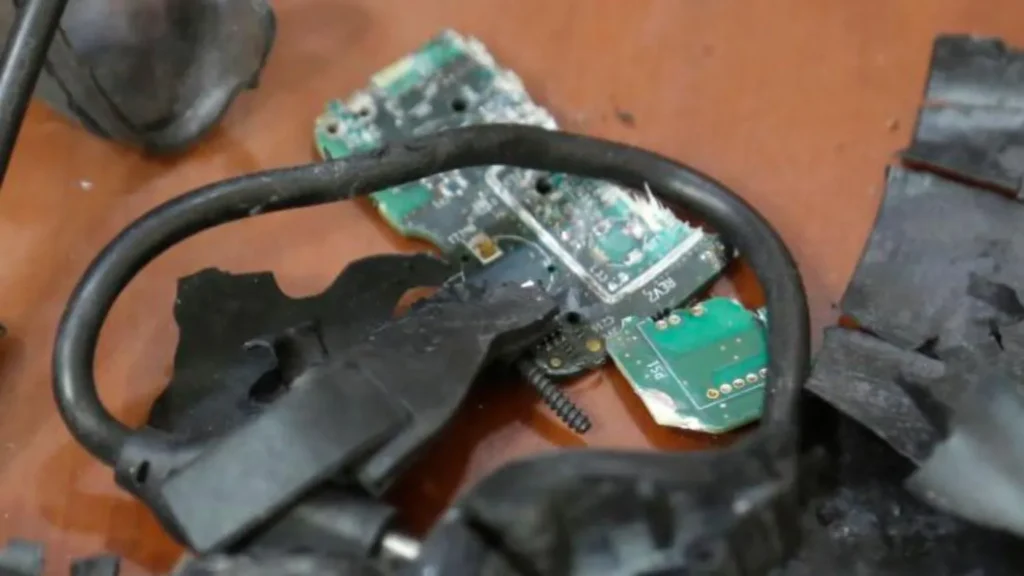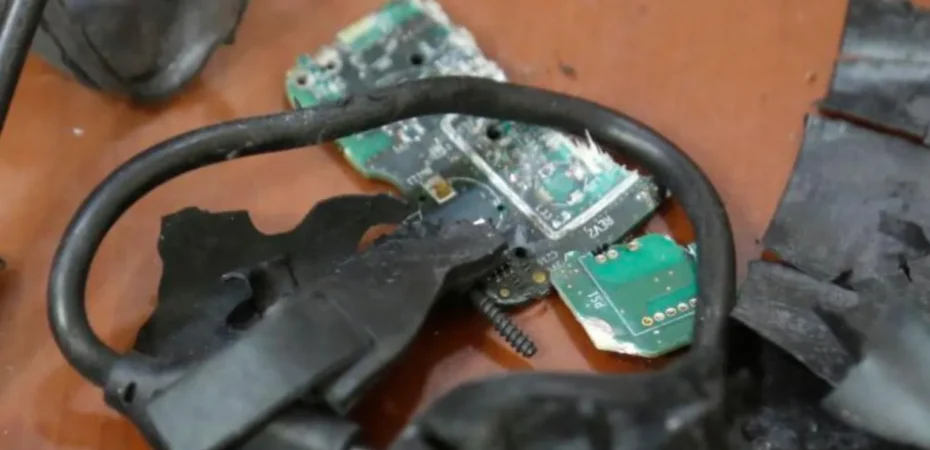Last week Tuesday and Wednesday hundreds of pagers and walkie-talkies exploded across Lebanon and Syria, killing at least 32 people and injuring thousands. Many of these devices belonged to Hezbollah, a Shiite Islamist political and militant group based in Lebanon. The group quickly blamed Israel for the attack, claiming it to be apart of a widespread remote operation. Many fingers have been pointed to the supply chain of these devices, including two firms in Taiwan and Hungary and a Japanese company for the manufacture of the walkie talkies. All parties have denied responsibility for the explosives.

This attack reveals the vulnerabilities communication infrastructure faces and how easily it can be exploited. If the same sort of breach happened within a satellite network, the results could be catastrophic including potential espionage, manipulation of signals or the disability of critical infrastructure. This event highlights the urgency to secure all points of the supply chain with rigorous auditing and traceability. Another layer of security to detect vulnerabilities prior to deployment would be the use of third party testing. Block chain technology could also contribute to the transparency of the space programs component tracking through the supply chain.
